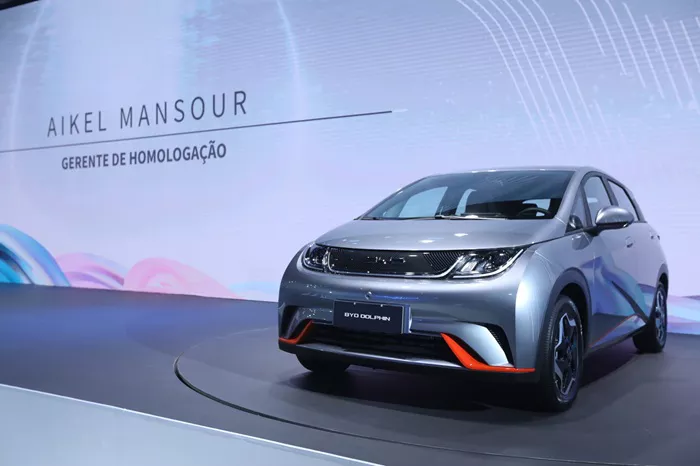Reports from Reuters, citing sources familiar with the matter, reveal that the approval process for BYD and Geely’s production plans in Latin America is taking longer than expected. Both companies are facing delays, particularly from Chinese authorities, due to concerns over technology transfer risks.
BYD first announced its intention to build a factory in Mexico in 2023. Throughout the year, the company worked on finding a location, but it has not yet made a final decision. One possible reason for the delay is the pending approval from Beijing. Chinese manufacturers, including BYD, must receive authorization from the Chinese Ministry of Commerce before setting up production facilities abroad.
This uncertainty over BYD’s factory is not new. Back in March, reports indicated that Chinese authorities were concerned about Mexico potentially gaining unrestricted access to BYD’s technology, with the United States possibly benefitting as well.
Meanwhile, Geely, the Chinese automaker, has plans to use the production facilities of French car manufacturer Renault in Brazil. Geely announced in February 2025 that it sought to acquire a stake in Renault do Brasil, which would grant them access to the company’s local production and sales resources. However, both Brazilian and Chinese authorities have not yet approved this collaboration.
Despite these delays, Geely recently introduced its first model for the Brazilian market, the Geely EX5 electric SUV. The vehicle will initially be imported, but the necessary authorizations for local production are still pending, according to Brazilian magazine Valor. This aligns with the Reuters report that suggests no official approval has been granted by Chinese authorities for production to begin in Brazil.
The delay in approvals for both BYD and Geely highlights China’s growing influence over the foreign activities of its manufacturers. Just recently, the Chinese government’s influence became more evident when the series production of the Chinese Leapmotor T03 electric car was halted at a Stellantis plant in Poland after only six months. The decision may have been influenced by political pressure from China, as Poland supported EU tariffs on Chinese-made electric vehicles.
In contrast, BYD plans to open its first European plant in Hungary, a country that opposed the EU’s punitive tariffs on Chinese electric cars. Hungary’s stance likely aligns with China’s interests, making it a more favorable location for the plant.
The approval process for Chinese companies expanding abroad is now under closer scrutiny by the Chinese government, as it carefully assesses the potential risks related to the transfer of important technology to foreign countries.

